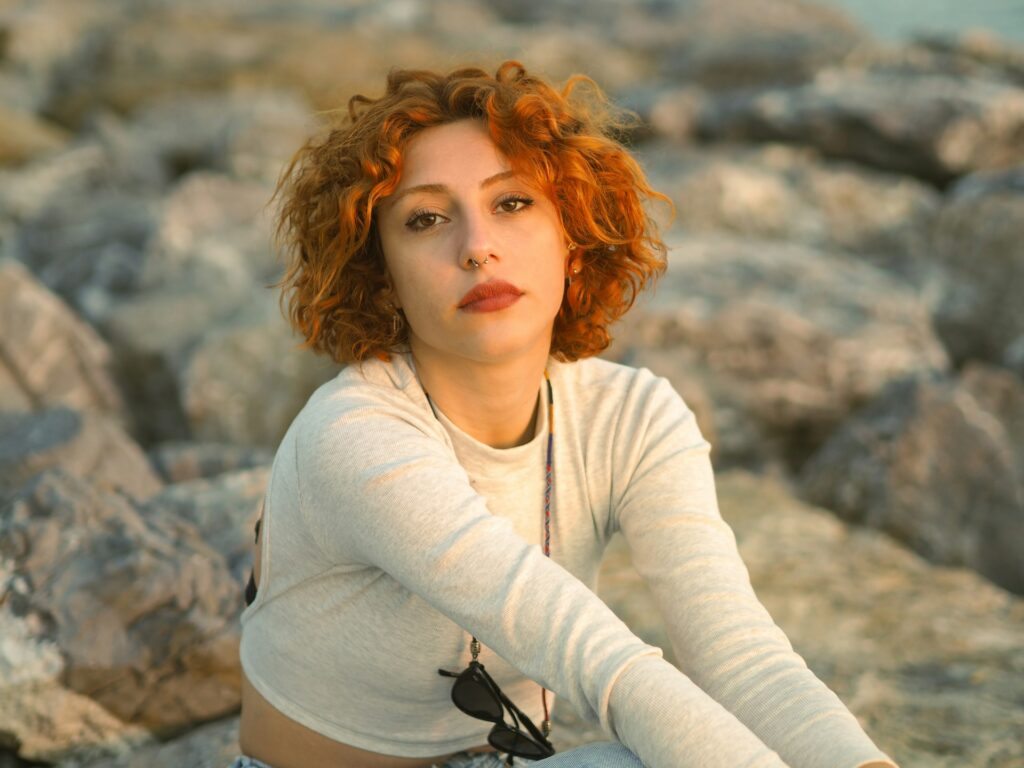Mental health awareness has come a long way—what was once whispered about is now openly discussed online, in schools, in workplaces.

That change matters and is important, but like any movement, when the message becomes oversimplified, over-commercialised, or misused, it can start to backfire. Awareness isn’t the same as understanding. And when something as complex as mental health becomes a buzzword, it’s worth stopping to ask—are we still helping, or are we now just repeating ourselves in ways that do more harm than good? Here are just some of the ways mental health awareness can go off-track, even with the best of intentions.
1. It encourages self-diagnosis without proper support.

We’re seeing more people label themselves with complex conditions after watching short videos or reading posts online. While that content can be validating, it can also lead to misdiagnosis, panic, or relying on half-understood terms instead of getting professional help.
There’s a fine line between recognising symptoms and assuming a clinical identity based on relatable content. Without context, it can lead people down paths that don’t actually serve their healing.
2. It flattens serious disorders into personality traits.

Conditions like OCD, BPD, ADHD and anxiety disorders have become shorthand for moods or quirks. “I’m so OCD” or “I had a panic attack when my Wi-Fi cut out” sound casual, but they blur the line between inconvenience and illness. When real suffering gets turned into social language, it can trivialise what people with those conditions actually go through, and make it harder for them to be taken seriously.
3. It creates an identity around suffering.

Sometimes people become so immersed in their diagnosis or trauma story that it starts to define who they are. It becomes the lens through which they view every relationship, choice, and struggle. Awareness should lead to empowerment, not a new box to live in. Healing doesn’t mean erasing the hard things. It means recognising that you’re more than what’s hurt you.
4. It can make people feel broken when they’re just human.

Not every bad day means you’re mentally unwell. Not every uncomfortable emotion needs to be pathologised. However, in the current climate, it can feel like if you’re not “thriving,” something must be wrong. There’s value in normalising discomfort, confusion, and sadness without always giving it a label. Some feelings are just part of being alive, not a crisis to be diagnosed.
5. It gives language to pain, but not always tools to work through it.

Knowing how to name what you’re feeling is a huge first step. But if awareness stops there, people are left sitting in the storm with no idea what to do next. Validation without guidance can feel like a dead end. True mental health support involves skills, strategies, and ongoing care, not just hashtags and posts about “holding space.” We need more bridges between language and action.
6. It fuels performance over actual healing.

In a world that rewards vulnerability online, people can feel pressure to package their pain into something palatable. However, looking “mentally healthy” isn’t the same as being okay behind the scenes. This performance culture makes it harder to admit when you’re still struggling, or when healing isn’t linear. Not everything needs to be shared or styled into a storyline.
7. It creates echo chambers that reinforce limitation.

Online communities can offer comfort—but they can also trap people in cycles of identification and negativity. Instead of moving forward, some people stay stuck, surrounded by content that confirms their worst fears or sense of hopelessness. Support should include challenge. Being seen is important, but so is being reminded that growth is still possible, even if it looks different than you imagined.
8. It can stigmatise people who don’t “fit” the typical narrative.

When mental health stories become formulaic, people who don’t relate to them—or who express distress differently—can feel excluded. The loudest voices aren’t always the most representative. Mental health doesn’t have one face, one timeline, or one vocabulary. Oversimplification can unintentionally erase the more complicated, less Instagram-friendly realities.
9. It risks over-medicalising everyday experience.

Medication saves lives and should never be stigmatised. However, when the response to every dip in mood or stress level is “maybe I need meds,” we miss the chance to explore what’s actually going on beneath the surface. Sometimes what we need is connection, boundaries, rest, or meaningful change, not just symptom control. Awareness should help people make informed choices, not just fast ones.
10. It makes people afraid to speak plainly.

The more mental health awareness relies on soft language or buzzwords, the harder it becomes to talk honestly. People feel like they have to use the “right” terms, or they’ll be misunderstood—or worse, judged. This can create a kind of communication freeze where everyone is careful, but no one is real. Conversations lose impact when they’re more about etiquette than empathy.
11. It pressures people to always “be aware” of other people.

There’s growing pressure to be perfectly supportive, say all the right things, and never misstep. That’s a heavy ask, especially for people who are still figuring out their own emotional health. Real connection includes mistakes, learning, and sometimes saying “I don’t know what to say, but I care.” Compassion should include room for imperfection, not just for the person struggling, but for those supporting them too.
12. It can create fatigue and numbness.

When every feed is full of mental health content, it can start to feel overwhelming. You become desensitised, start scrolling past posts that once moved you, or avoid the topic entirely. Awareness campaigns need space to breathe. When everything is “important,” nothing feels urgent. Pacing and variation matter, especially when the goal is genuine engagement, not just visibility.
13. It shifts focus away from systemic issues.

Mental health is personal, but it’s also political. It’s shaped by poverty, inequality, racism, housing, education, and access to care. Awareness that focuses only on self-care and mindset skips over the bigger picture. If the solution is always individual responsibility, we ignore the systems that make healing harder for some than others. Real awareness includes accountability, not just affirmations.
14. It risks becoming background noise instead of a movement.

When mental health becomes trendy, it risks being taken less seriously. Phrases like “check on your friends” or “it’s okay not to be okay” get repeated so often they lose meaning, and impact. Awareness is only helpful when it leads to deeper understanding, better systems, and real change. Otherwise, we’re just shouting into the void while people continue to struggle in silence.


